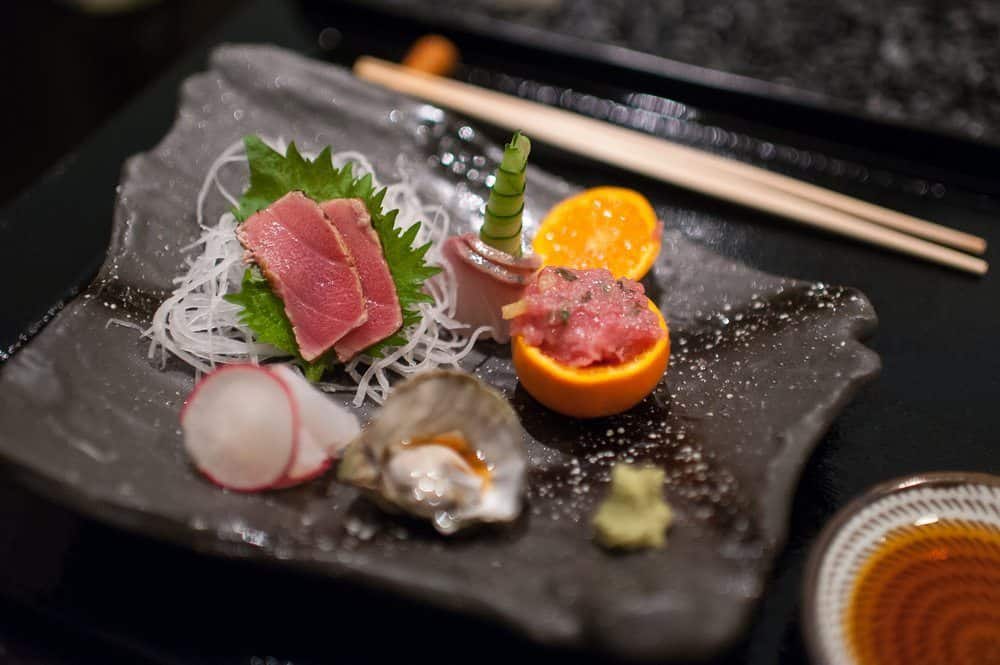It irks some people when I say that you should love your customers, and I get why they feel that way.
We don’t (and shouldn’t) love our customers like we do a spouse or a child, or a dog.
But we love our customers to the extent that we realize they’re the sole reason for our existence. If you don’t have customers, you don’t have a business.
The best customer loyalty lessons I’ve ever learned typically don’t come from the kitchen of Japanese restaurants.
But for one chef, the extreme of knowing, understanding, and loving her customers is one of the secrets of her extreme success and provides us one of the most powerful lessons of all. Anyone, in any business, in any industry, of any size, can learn from this lesson.
Niki Nakayama owns and operates a popular Japanese restaurant Los Angeles called n/Naka and is the feature of an episode of Netflix’s fantastic series called The Chef’s Table.
It’s easy to be swept away by the beauty and art of the meals Niki painstakingly creates for her guests, but it’s not the food that keeps customers coming back.
It’s the way Niki lets shows her customers she cares.
Niki keeps a journal on every single customer. Yes, every single guest who eats at her restaurant.
Dozens of journals are shelved and dated keeping a specific record on each one of them. She tracks what they ate, what they enjoyed, what the disliked and more. When a guest returns, she can instantly reference her paper database and ensure a customer isn’t served the same thing twice. If it’s a first-time guest, the she tracks the entire experience.
Why go to all this extra work? After all, it’s just a restaurant and if the food is good, then typically people return, right?
She does this so that every customer’s experience can be individually tailored, specific and unique to them.
There’s a fantastic segment of the show where Nakayama is reviewing the files of a guest dining with them later that evening. Nakayama is discussing this guest’s specific menu with her sous-chef Carole. The most surprising revelation comes when we learn they’re discussing the meal to be served to the guest’s son – an eight-year-old boy.
You might think this level of detail is absolutely ludicrous.
You might say there’s no way you could pay such detailed attention to your customers.
You might ask why it’s even worth it, and to what end?
On the other hand, you don’t know what you don’t know.
When I work with companies on improvements in sales and marketing, the major underlying problems are often a lack of preparation and a lack of understanding the current customer’s situation or needs.
It’s my belief that truly understanding (and knowing) both your prospective and current customer is more important than any other element of your sales and marketing efforts.
The big lesson here is simple: The more you know about your customer, the more you sell. The more they feel like you care, the more they care to do business with you.
Perhaps, we’re crazy not to be following her lead.
